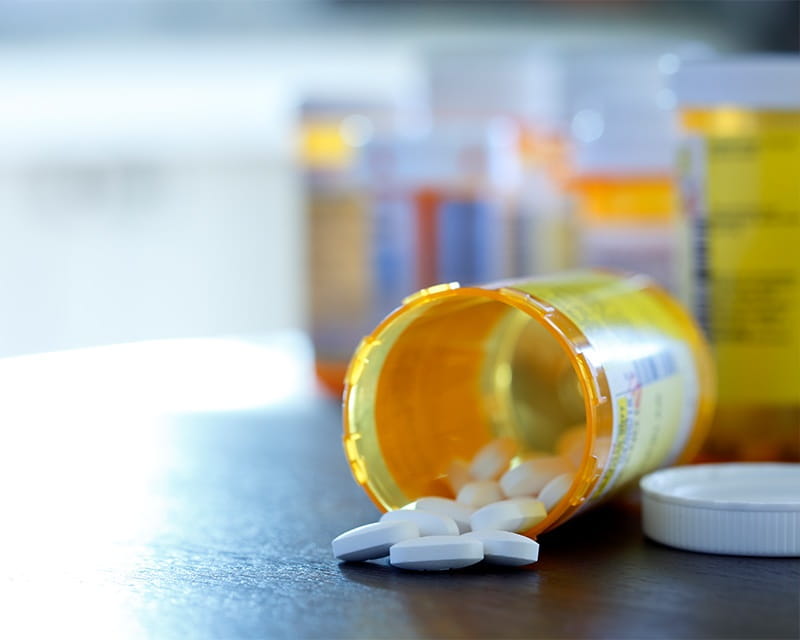Addressing the Opioid Epidemic
In an effort to lessen the opioid crisis across Ohio, Ohio State’s Department of Psychiatry and Behavioral Health is working with community stakeholders, other Ohio State departments and health systems to expand understanding and access to care for people faced with opioid addiction and overdose.
“We have infrastructure in place at Ohio State that is doubling down on opioid addiction. We have an Opioid Steering Committee directed by our Chief Clinical Officer Dr. Andrew Thomas. We have eight or 10 people actively involved from different departments, throughout Psychiatry, Emergency Medicine, Internal Medicine and Family Medicine, who are really interested in opioid initiatives,” says Julie Teater, MD, an addiction medicine specialist at Ohio State.
Recent initiatives at the Wexner Medical Center cover a broad range:
- Medication-assisted treatment (MAT). “We’ve made really significant strides in expanding access to MAT,” Dr. Teater says. “We’ve trained more than 150 attending physicians, advanced practice providers, residents and medical students throughout the medical center.” A pilot at Ohio State East Hospital’s Emergency Department has expanded access to MAT. People with opioid use disorder will also be able to get MAT in Ohio State’s University Hospital ED beginning this fall. Peer supporters and referrals to inpatient and outpatient treatment programs are other facets of care offered at both EDs. MAT options are also available for patients who are medically hospitalized as a result of their addiction.
- Sublocade injections. Ohio State has approved the use of SublocadeTM, a long-acting buprenorphine injection that can provide a month of relief from opioid cravings. It will be used for people who are receiving addiction treatment as a more convenient, consistent method of receiving buprenorphine.
- NARCAN® kits. Ohio State has received a grant from the Ohio Department of Health to distribute kits to patients or families whose loved one is in danger of an opioid overdose. Part of the state’s Project DAWN (Deaths Avoided With Naloxone) initiative, the kits include two doses of Narcan nasal spray to revive a person who has overdosed. Ohio State has agreed to give out kits wherever people present for treatment: in Ohio State’s emergency departments, at Ohio State’s Talbot Hall (alcohol and drug addiction treatment services) or at the medical center’s Outpatient Pharmacy.
- Opioid conference. Educating practitioners who want to know more about treating addiction was the aim of a conference titled “Addressing Ohio’s Opioid Epidemic,” held in Columbus in July 2019. Ohio State co-sponsored the program, along with Mercy Health, its partner in the Healthy State Alliance. These two large health care providers have identified misuse of opioids as a critical priority in health care. The conference awarded continuing medical education credits and featured a panel presentation on medication-assisted treatment. It was part of the Addiction Studies Institute conference.
- Addiction medicine fellowship. Ohio State has established an addiction medicine fellowship, offering two spots per year to help train the next generation of providers.
Read more featured stories

